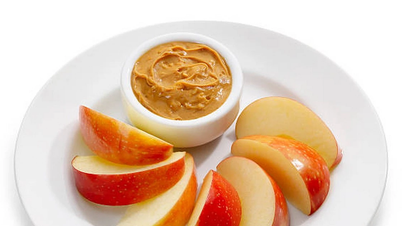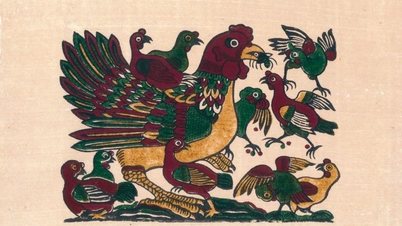Scientists say that Mediterranean-style social interaction, physical activity, and eating lots of fruit and little salt help increase longevity and reduce the risk of cancer.
This is the result of research conducted by experts from La Universidad Autonoma de Madrid (Spain) and the Harvard TH Chan School of Public Health (USA). The volunteers were aged 45 to 70 in England, Wales, and Scotland.
Experts scored volunteers based on how often they practiced Mediterranean-style habits, such as cutting salt, consuming healthy beverages, taking regular naps, exercising and spending time with friends.
Over the nine-year study period, more than 4,200 people died, including about 2,400 from cancer and 730 from cardiovascular disease (heart attacks and strokes). Experts found that people who followed a Mediterranean diet had a 29% lower risk of death than those who did not follow this lifestyle. Another study, published in the journal Mayo Clinic Proceedings, found the figure was 28%.
The group that rested, exercised regularly, and socialized with friends also had a lower chance of dying from cardiovascular disease.
"The study suggests that non-Mediterranean populations can still adopt practices common in the region, by using locally available products and adopting a healthy lifestyle that is appropriate to the cultural context," said Mercedes Sotos Prieto, a professor at La Universidad Autonoma de Madrid and co-author of the study.

Popular dishes on a Mediterranean menu. Photo: Freepik
The Mediterranean diet or lifestyle has long been praised by scientists. In 2019, US News and World Report voted it the best diet for health. Evaluation criteria include: ease of implementation; nutritional adequacy; ability to lose weight short and long term; safety; ability to prevent and control diabetes and heart disease.
The Mediterranean diet prioritizes fruits and vegetables, whole grains, legumes, and especially extra virgin olive oil. This diet avoids refined sugar and flour except on special occasions. Other fats besides olive oil, such as butter, are also rarely used.
Instead of meat, the Mediterranean diet mainly uses fish. Eggs, milk, chicken are also included in the menu but in moderation.
The diet of the people of this region is rich in antioxidants, vitamins, minerals and fiber. All of which are key ingredients in reducing the risk of chronic disease.
Thuc Linh (According to Independent )
Source link



![[Photo] Urgently help people soon have a place to live and stabilize their lives](/_next/image?url=https%3A%2F%2Fvphoto.vietnam.vn%2Fthumb%2F1200x675%2Fvietnam%2Fresource%2FIMAGE%2F2025%2F12%2F09%2F1765248230297_c-jpg.webp&w=3840&q=75)














































































![[Photo] General Secretary To Lam works with the Standing Committees of the 14th Party Congress Subcommittees](https://vphoto.vietnam.vn/thumb/402x226/vietnam/resource/IMAGE/2025/12/09/1765265023554_image.jpeg)


































Comment (0)